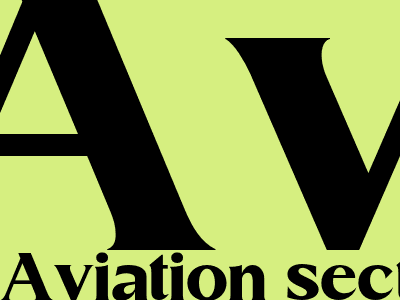
Aviation sector has two years to meet emissions reductions targets
Jet Zero Council identifies challenges and opportunities for cutting carbon in the sector
The aviation sector has two years to meet its emissions reduction targets, according to a new report from the Jet Zero Council.
The report, entitled "Accelerating the transition to net zero aviation", sets out a series of recommendations for how the sector can reduce its carbon emissions by 50% by 2050.
The report identifies a number of challenges that the sector needs to overcome in order to meet its targets, including the need to develop new technologies, such as sustainable aviation fuels (SAFs) and electric aircraft, and the need to improve the efficiency of aircraft and operations.
However, the report also identifies a number of opportunities for the sector to reduce its emissions, such as the potential to use SAFs to replace fossil fuels, the potential to improve the efficiency of aircraft and operations, and the potential to develop new technologies, such as electric aircraft.
The report concludes that the aviation sector has a "significant role to play" in reducing global emissions, and that it is "essential" that the sector meets its emissions reduction targets.
What are the emissions reduction targets for the aviation sector?
The aviation sector has committed to reducing its carbon emissions by 50% by 2050, compared to 2005 levels. This target is in line with the Paris Agreement, which aims to limit global warming to well below 2 degrees Celsius, and to pursue efforts to limit it to 1.5 degrees Celsius.
What are the challenges to meeting the emissions reduction targets?
There are a number of challenges that the aviation sector needs to overcome in order to meet its emissions reduction targets. These challenges include:
- The need to develop new technologies, such as sustainable aviation fuels (SAFs) and electric aircraft.
- The need to improve the efficiency of aircraft and operations.
- The need to overcome the cost of new technologies.
What are the opportunities for reducing emissions in the aviation sector?
There are a number of opportunities for the aviation sector to reduce its emissions. These opportunities include:
- The potential to use SAFs to replace fossil fuels. SAFs are produced from renewable sources, such as plant oils and algae, and they can reduce carbon emissions by up to 80%.
- The potential to improve the efficiency of aircraft and operations. This can be done by using more efficient engines, improving flight planning, and reducing weight.
- The potential to develop new technologies, such as electric aircraft. Electric aircraft are powered by batteries, and they do not produce any carbon emissions.
What is the Jet Zero Council?
The Jet Zero Council is a group of industry leaders, government officials, and academics who are working together to decarbonize the aviation sector. The Council was established in 2020 by the UK government, and it is chaired by the UK's Transport Secretary, Grant Shapps.
What is the report's conclusion?
The report concludes that the aviation sector has a "significant role to play" in reducing global emissions, and that it is "essential" that the sector meets its emissions reduction targets. The report also identifies a number of challenges and opportunities that the sector needs to address in order to meet its targets.